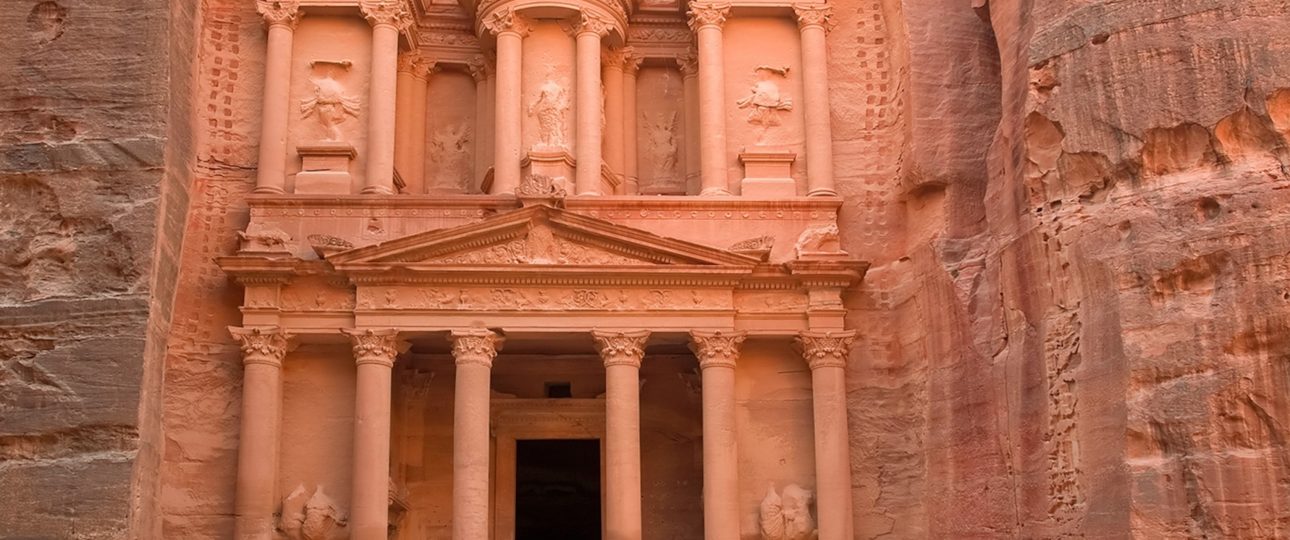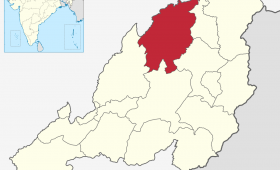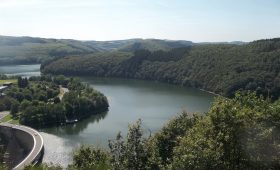Exploring Petra: The Rose City of Jordan
Discovering Petra’s Unique Appeal
Petra, often referred to as the “Rose City” for its stunning pink sandstone cliffs, is a marvel of ancient engineering and artistry. Located in southern Jordan, this UNESCO World Heritage Site was carved into the rock by the Nabataeans over 2,000 years ago. The city’s intricate facades and monumental structures reflect the advanced skills of its creators.
Historical Significance
Petra’s history is rich and varied. Before the Nabataeans, the area was inhabited by the Edomites during the Iron Age, who utilized the natural landscape for water storage and trade. The Nabataeans, a nomadic Arabian tribe, later established Petra as a thriving trade hub. The city eventually became part of the Roman Empire in 106 AD, continuing to flourish under Roman rule.
Iconic Landmarks
The Treasury, or Al-Khazneh, is Petra’s most famous structure. This grand tomb, carved directly into the rock face, showcases the Nabataeans’ architectural prowess. Other notable sites include the Monastery, the Royal Tombs, and the Great Temple, each offering a glimpse into the city’s storied past.
When to Visit Petra
For the most comfortable experience, plan your visit during spring (March to May) or autumn (September to November). These seasons offer mild temperatures and fewer crowds. The summer months can be extremely hot, making exploration less enjoyable.
Getting to Petra
Fly into Queen Alia International Airport in Amman, Jordan’s capital. From there, Petra is about 230 kilometers south. You can hire a taxi or take a bus to reach the town of Wadi Musa, the gateway to Petra.
Exploring Petra
Once in Wadi Musa, the best way to explore Petra is on foot. The site’s main entrance is easily accessible, and well-marked trails guide you through its many attractions. Be prepared for a lot of walking, as the site is expansive.
Practical Tips for Your Visit
- Wear sturdy, comfortable shoes for extensive walking.
- Bring a hat, sunglasses, and sunscreen to protect against the sun.
- Stay hydrated by carrying a water bottle.
- Consider hiring a local guide for deeper insights into Petra’s history and significance.
- Respect local customs and cultural norms during your visit.
Key Facts About Petra
- Petra is located in Jordan and is a UNESCO World Heritage Site.
- The city was carved by the Nabataeans over 2,000 years ago.
- The Treasury is one of Petra’s most iconic structures.
- The main entrance to Petra is in the town of Wadi Musa.
- Petra’s architecture showcases advanced engineering and unique artistic styles.




